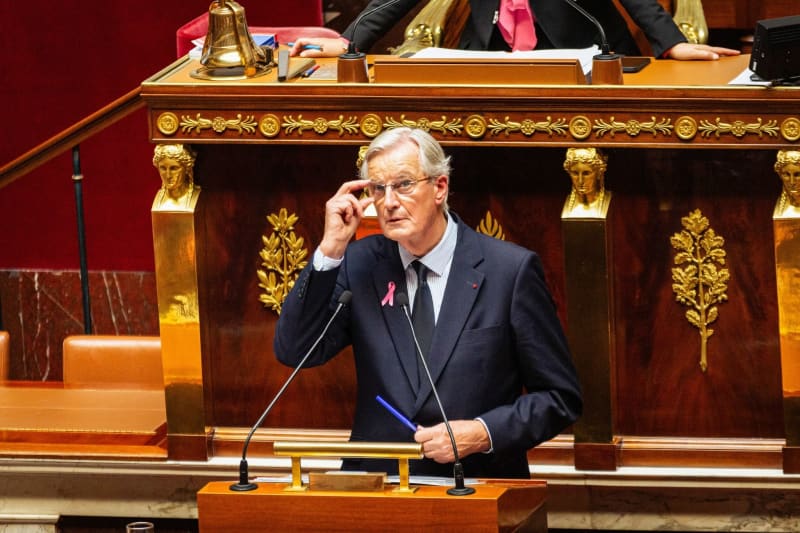France’s new centre-right government, led by Prime Minister Michel Barnier, has introduced an austerity budget aimed at addressing the high national debt.
According to an explanation provided by the government following a Cabinet meeting on Thursday, the plan seeks to save and generate an additional €60 billion ($65.5 billion) next year.
Two-thirds of this amount is expected to come from spending cuts, with the remaining third from tax increases targeting high-revenue companies and high-income households.
Due to an excessively high deficit, the European Commission is conducting a deficit procedure against France. By the end of October, France must present a consolidation plan to Brussels.
For the current year, France expects a budget deficit of 6.1%, which is to be reduced to 5% by 2025 and brought back below the European limit of 3% by 2029.
The austerity budget is facing resistance in parliament. Even before its presentation, there was a barrage of criticism from the left and right-wing nationalists.
There are also reservations within the government’s own ranks, with members dissatisfied with the budget cuts. Criticism also came from the High Council of Public Finance, which evaluated the government’s plans for sustainability. The underlying growth forecasts were judged by the council to be too optimistic.
Since the government does not have a majority in parliament, it might have to either pass a heavily amended budget or force through its version using a special article in the constitution bypassing lawmakers.
Shortly after taking office, the budget negotiations could become a power struggle for the government. Street protests can also not ruled out.
Read the full article here
